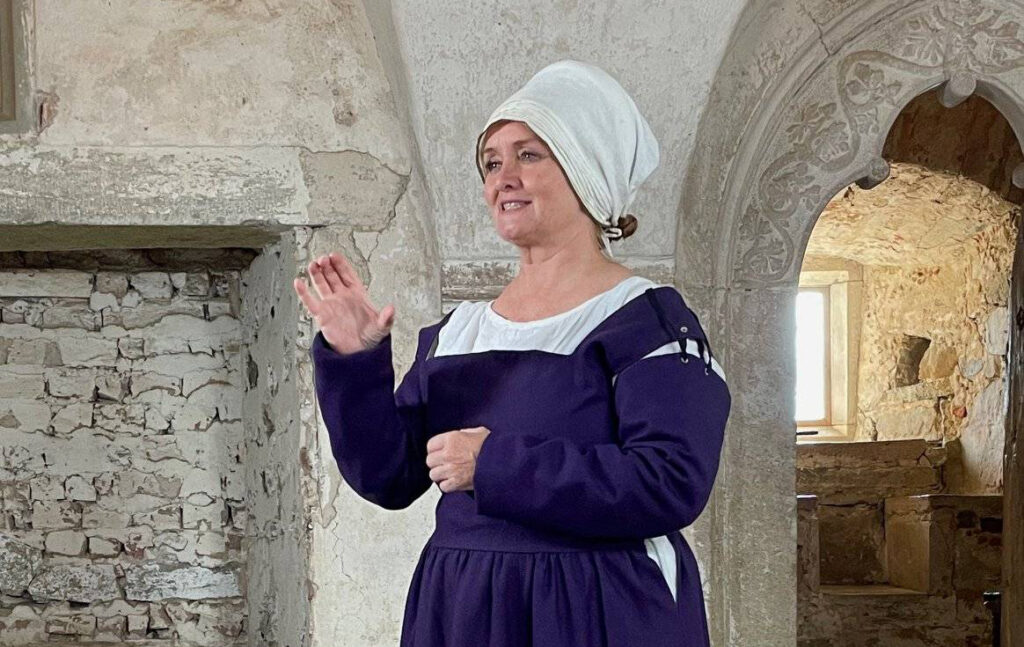
Webbinarier ”Inkludera med hörselperspektiv” (2025)
Under våren 2025 genomförde vi en serie webbinarier om att tillgängliggöra auditiv information för den som inte hör med visuella hjälpmedel.
Riksantikvarieämbetet arbetar med att förbättra tillgängligheten till museer och andra kulturmiljöer. Webbinariet ”Inkludera med hörselperspektiv” bestod av två tillfällen, den 14 och den 22 januari. Däremellan fick deltagarna en hemuppgift med att undersöka hur det ser ut på det egna museet.
Vi bjöd in Eva Zaar som är guide, teckenspråkstolk och utbildare. Tillsammans fördjupar vi oss i vad hörselnedsättning och dövhet kan innebära för besökare och vilka olika kommunikationssätt som respektive grupp använder. Du får även ta del av erfarenheter från besöksmålet Glimmingehus.
Webbinarierna vände sig till museer och andra kulturarvsaktörer, till exempel till dig som arbetar som pedagog, kommunikatör eller liknande på ett museum.
För den som ville följde vi upp med ett tredje fristående webbinarium ”Du ser det du hör”, den 28 januari samma tid, där även Patrik Drivstedt deltog som gästföreläsare. Patrik är själv hörselskadad och använder teckenspråk till vardags.
Anmälan del 1 och 2
Anmälan är nu stängd.
